Who Needs a Stinkin’ Search Warrant: The CDC’s Unique Police Powers
Everyone, especially well-informed writers, know that cops must obtain a search warrant prior to searching people and places, when doing so without permission. And, to convince a judge to sign off on a search warrant officers must present the probable cause they believe exists.
Those same officers may not force or coerce a suspect to confess or otherwise incriminate themselves. Defendants in criminal cases are entitled to a trial by jury and they must be provided an attorney to represent them if they cannot afford to hire one. They are entitled to have the case against them proved beyond a reasonable doubt, or not. They may not be properly imprisoned, and they must be prosecuted under a true law. One that, without a doubt, outlines an illegal act.
In other words, the hands of the police are tied up quite nicely when it comes to protections of the rights of citizens. Doesn’t mean those rights are not occasionally violated (intentionally, or not), but these hard and fast rules are spelled out in back and white.
The above, however, are the rules pertaining to police officers and their actions relating to criminal cases and searche. They also pertain to the rights of the targets of those investigations. But how do those laws affect the CDC and their quest to safeguard the world against the threat of disease and/or bioterrorism?
Here’s an eye-opener!
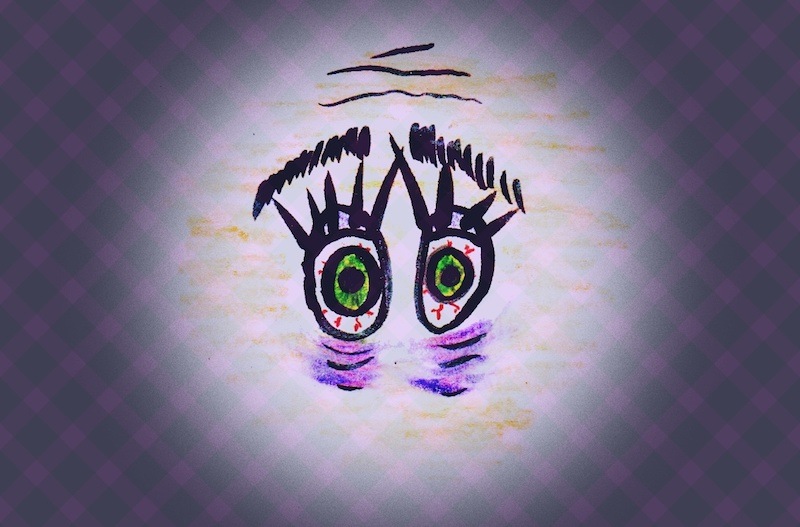
Under the police power authority granted by the constitution, public health officials may search and seize without probable-cause and/or a warrants. They’re legally permitted to take enforcement actions without court hearings. In fact, courts defer to the discretion of public health officials.
Public health officials have an enormous amount of flexibility when it comes to creating and designing and implementing enforcement strategies and planning. Here’s the icing on the cake—they must only prove their cases by a “more probable than not” standard. And this holds up when or if the actions are challenged in court.
The doctrine of state “police power” was adopted in early America from English common law principles. Those ideologies directed the restriction of an individual’s rights when needed for safeguarding of the common good (stop the spread of disease or other serious health and safety issues).
Today, when we hear the phrase “police powers” we tend to think of the authority granted to police officers that permits them to legally arrest criminal suspects. However, “police powers” is not a term that’s equal with criminal enforcement tactics, techniques, and procedures. Instead, the police powers granted, by law, to the CDC and other public health agencies, including federal, local, and state public health officials, authorizes them to develop and enforce civil self-protection rules.
In short, public health police power allows each state to enforce isolation and quarantine, health, and inspection laws. And, simply put, this is to help prevent the spread of disease.
Now, all of this does not mean there are gun-toting, handcuff-bearing CDC cops who break down doors to haul out family members who’re suffering from a bad and highly contagious case of Ebolasyphhlianthraxiosis. But feel free to assume that the CDC is mindful of the threats to our borders regarding bioterrorism. After all, who knows what could slip onto our shores under the cover of darkness.
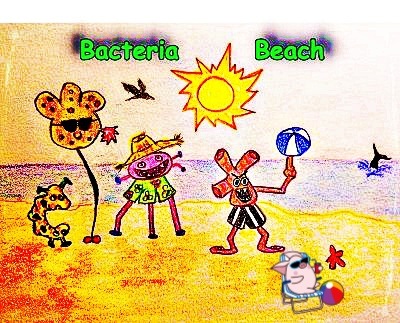
Still, when health officials deal with folks who need arresting or non-compliant confinement, they call on the local, state, or federal law enforcement officials for assistance.
“Police powers of the states are an expression of civil authority.” ~ National Institute of Health
The National Institute of Health (NIH) went on to state that police powers are a state’s ability to control, regulate, or prohibit non-criminal behavior. Health officials, they say, may use these police powers to mandate treatment, prohibit or direct a particular conduct, or to detain and isolate, which, ironically, is incarceration of a quasi-criminal nature. And they can hold you for as long as they deem necessary. Remember, too, the earlier mention that courts typically defer to public health officials and do not intervene.
Separation of civil authority from law enforcement
To sum up:
- Public health police powers are an expression of the civil, not criminal, authority of the state.
- Criminal and civil enforcement of laws must remain separate. Public health officials should never become a part of criminal law enforcement because doing so would restrict their capabilities to “act now” in the event of a bioterrorism attack, or in the event of an outbreak of a contagious and deadly disease. They’d then be subjected to criminal law regarding search and seizure, probable cause, and even safeguarding a person’s presumption of innocence.
- CDC officials are NOT police officers.
- CDC officials have the power to isolate and quarantine.
- Public health officials and law enforcement work hand-in-hand, especially in cases of bioterrorism.
Per the CDC:
Isolation and Quarantine
Isolation and quarantine help protect the public by preventing exposure to people who have or may have a contagious disease.
- Isolation separates sick people with a contagious disease from people who are not sick.
- Quarantine separates and restricts the movement of people who were exposed to a contagious disease to see if they become sick.
In addition to serving as medical functions, isolation and quarantine also are “police power” functions, derived from the right of the state to take action affecting individuals for the benefit of society.
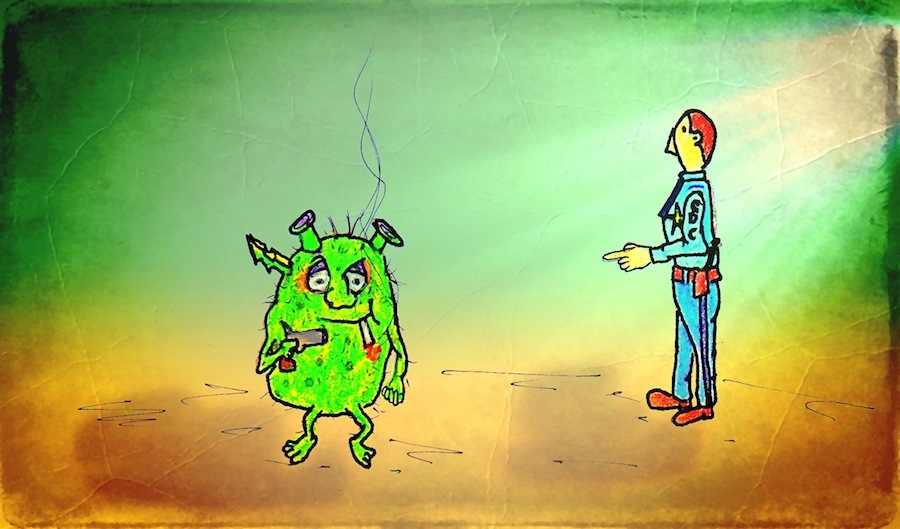

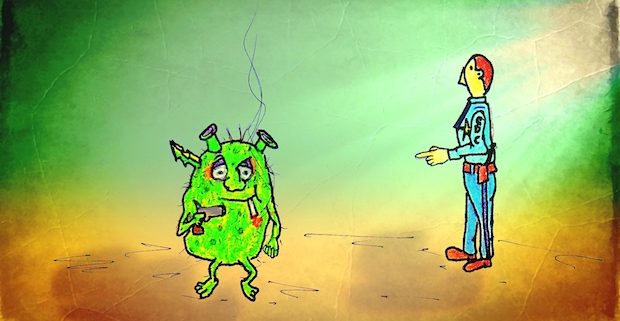
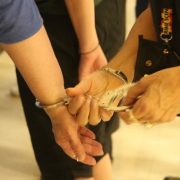


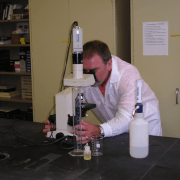
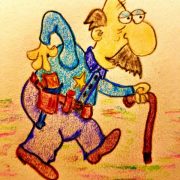
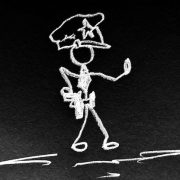
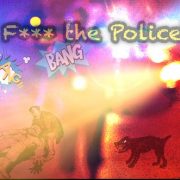
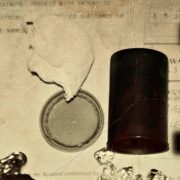



Hmm kinda makes sense in a way. If someone decided to spread smallpox around again we’d probably all be in deep doo doo.